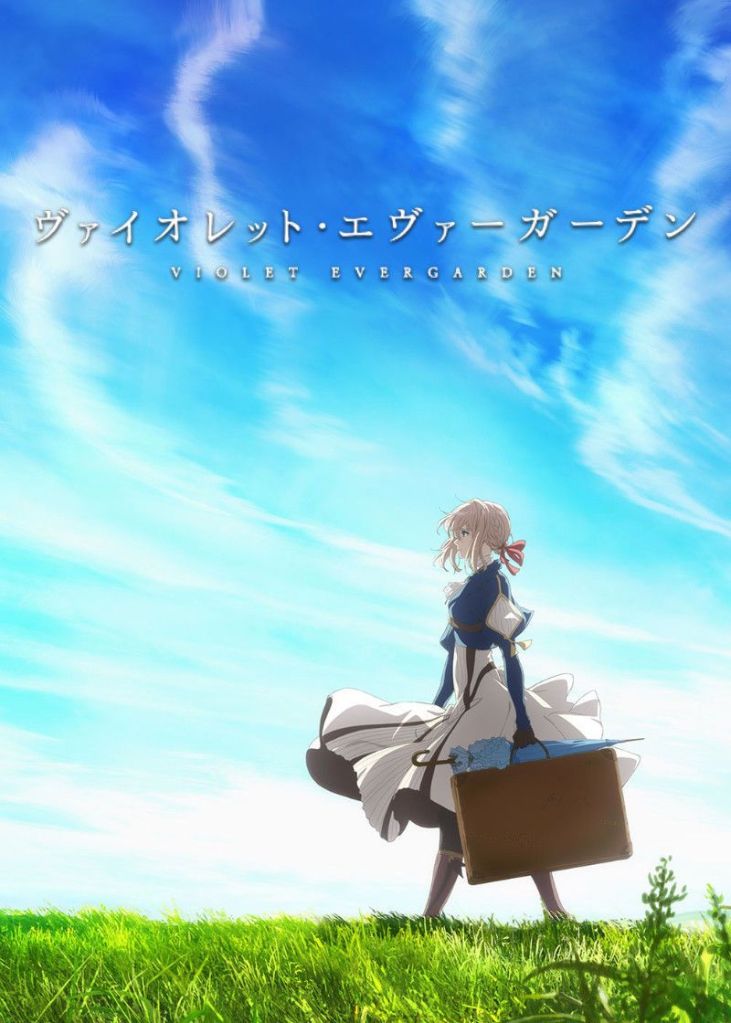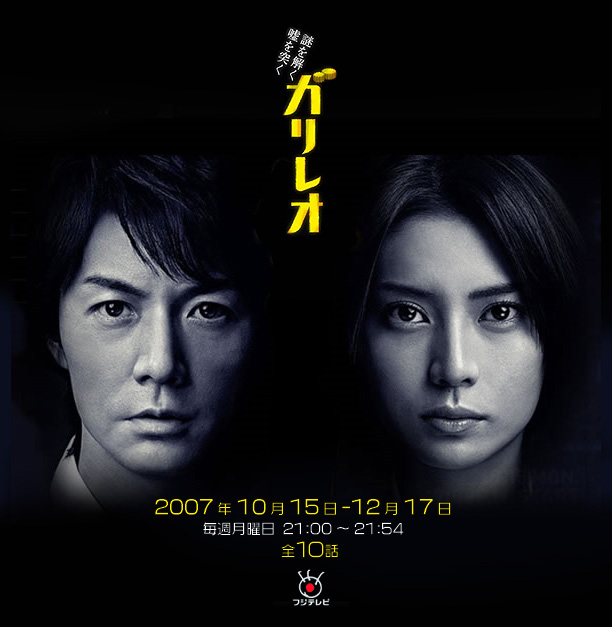
Directed By: Akiyuki Shinbo; Yukihiro Miyamoto
Written By: Gen Urobuchi
Voice cast: Aoi Yuki; Chiwa Saito; Kaori Mizuhashi; Eri Kitamura; Emiri Kato; Ai Nonaka; Yuko Goto; Tetsuya Iwanaga; Ryoko Shintani; Seiko Yoshida; Junko Iwao
Language: Japanese
Genre: Dark fantasy; psychological thriller
Number of Episodes: 12
Run Time: 24 minutes each
Puella Magi Madoka Magica is an anime of the magical girl sub-genre and yet it takes every such narrative and turns it on its head; not just in its story but in its aesthetic as well. The story follows a middle schooler Madoka Kaname and her friend Sayaka Miki as they encounter an eerily cute magical being Kyubey. Kyubey offers them a contract that will fulfil any one wish of theirs in exchange for the power to be a magical girl that will battle witches.
Kyubey is especially interested in Madoka because he believes that she will be a magical girl to rival all the ones before her since he senses immense power from her. At the same time, there is a mysterious transfer student Homura Akemi who will stop at nothing to ensure that Madoka does not sign a contract; including attempting to hurt Kyubey.
A senior Mami Tomoe takes Madoka and Sayaka under her wing and decides to show them what it means to be a magical girl and fight for justice. But things go horribly wrong once they start to encounter witches because witches seem to have the power to warp reality and create a new violent dimension. This dimension is overpoweringly strange and seems to feed off despair. Despite the fears that set into the girls, Kyubey continues to insist, forcefully and not without a little subterfuge that they take up this important role. Especially since there is a rumour that a great witch Walpurgisnacht will approach the city.
The overall feel of the anime is a sense of unease and dread as though everyone has an agenda one should be wary of, including Kyubey which is a change from the average magical girl anime where the magical creature is a trustworthy mentor.
The aesthetic of the series is reminiscent of the Cardcaptor Sakura but like a dulled, gloomy, depressive version. The witch sequence art style is particularly fascinating. The clashing styles, the created reality feeling is great. It fuses a certain psychedelic cartoon style and gives it an amoral violent makeover.
The series is definitely dark and explores the darker side of human emotions and specifically those that impact young teens who are at a time in their life when they feel strong conflicting emotions and are yet to learn how to regulate them, making them easy prey to amoral beings with ideas of ‘greater good’. It also shows through characters like Kyouko Sakura that it is rather easy for young people to get jaded when forced to grow up and learn the despair of the world firsthand.
At 12 episodes, it is an impactful series that creates a paradigm shift in the magical girl genre.



